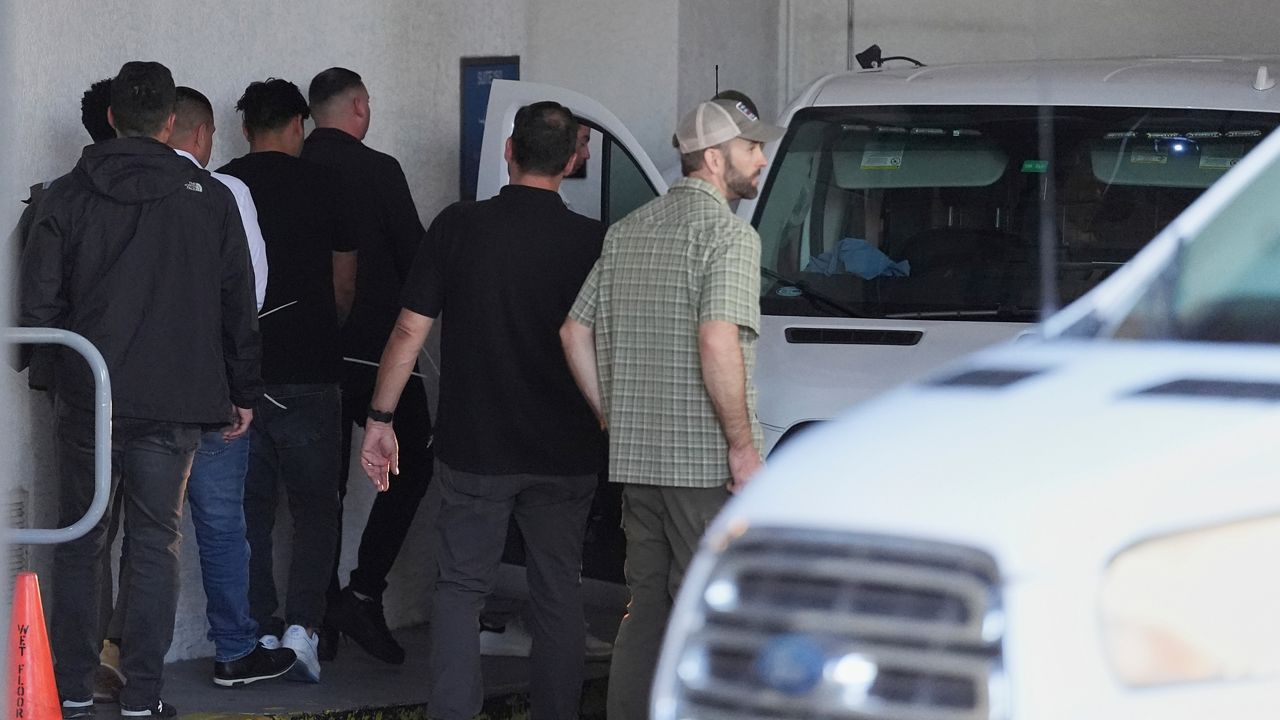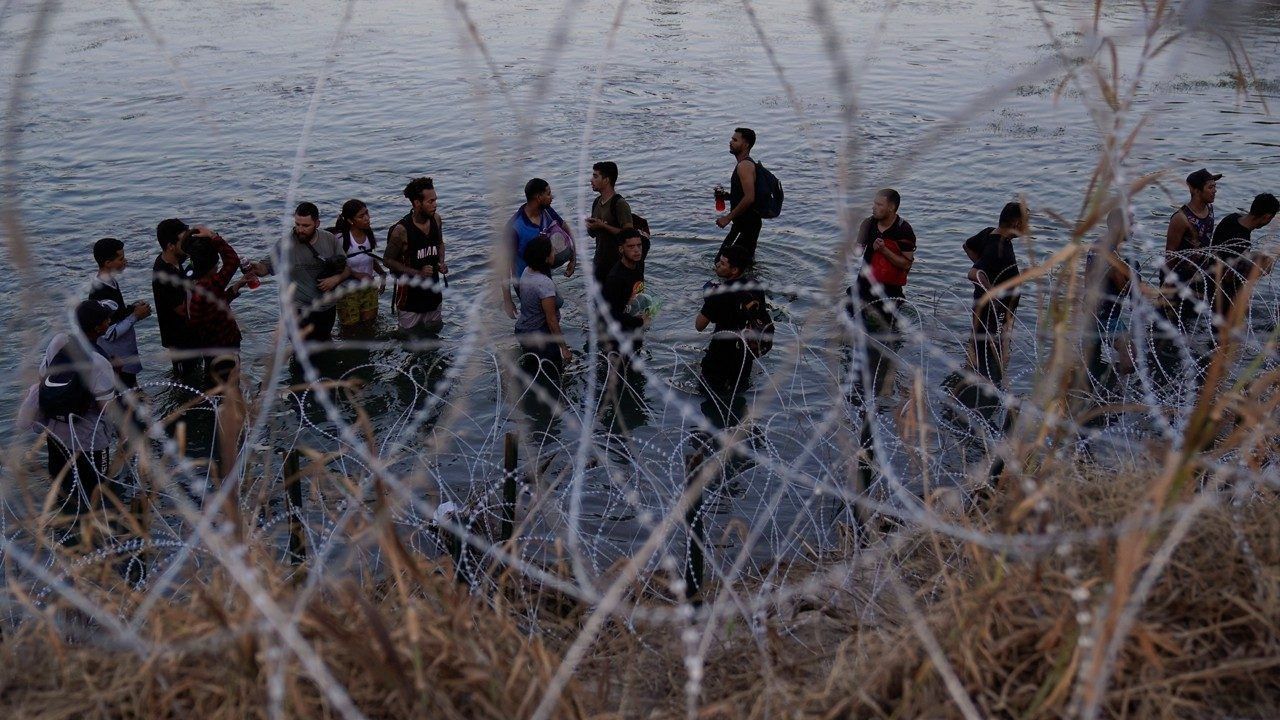TEXAS — Those involved in trade at the border must be ready for obstacles arising from decisions made by state or federal governments, whether through tariffs or enhanced inspections.
Jon Barela, the CEO of The Borderplex Alliance—a privately funded economic development and policy organization—knows all about international trade. According to Barela, “20% of the trade that occurs between the U.S. and Mexico occurs in one of our regional ports of entry.”
For over 15 years, he’s worked in what’s known as the Borderplex region — a three-city metro made up of Ciudad Juarez, El Paso County and Doña Ana County in New Mexico.
“It’s tough to have a strategy when the tariff policies change every day and sometimes every hour,” Barela said.
Over the years, he has witnessed many government decisions that impact the businesses in the area. President Donald Trump’s tariffs are no exception.
“The best plan that we have in terms of trying to combat the uncertainty of the trade negotiations is just looking at our success here in the region,” he said. “Eight short years ago, we were the eighth largest manufacturer here in North America. Now, we are the fifth largest manufacturer here in North America.”
On the other side of the border, in Ciudad Juarez, Mexico, Manuel Sotelo works in the transnational transportation business. This is not his first experience dealing with what he calls a crisis.
“It’s cyclical, it’s periodic,” says Sotelo. “We’ve had crises where we’ve lost 80,000, 100,000 jobs here in Ciudad Juárez. We’ve had political and immigration problems that we’ve known about since the last time Trump was president, and then the problems that arose between the state of Texas and the Biden administration.”
Sotelo is concerned about the uncertainty of the situation.
“For example, in the case of transportation companies,” he says. “If we invest in purchasing more equipment, we don’t know how relations between Mexico and the United States will turn out. I also imagine that investors who are trying to bring their investments to Mexico are not clear about the outlook.”
Both Barela in El Paso and Sotelo in Juarez agree that speaking up and letting lawmakers know how they are being affected is the best way to resolve the problem.
“We in the business community here in our region are urging lawmakers and other policymakers around the country, regardless of where they are from, to make sure that we continue to consolidate the supply chain, move away from China and create jobs for us in the United States,” Barela says.



